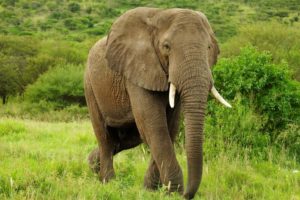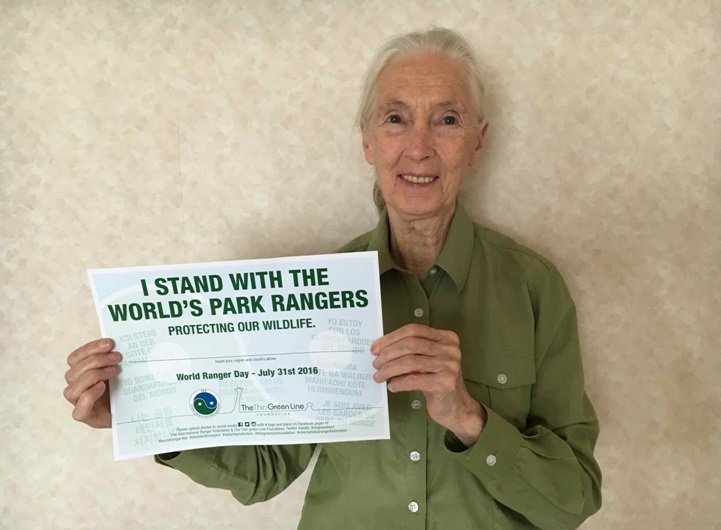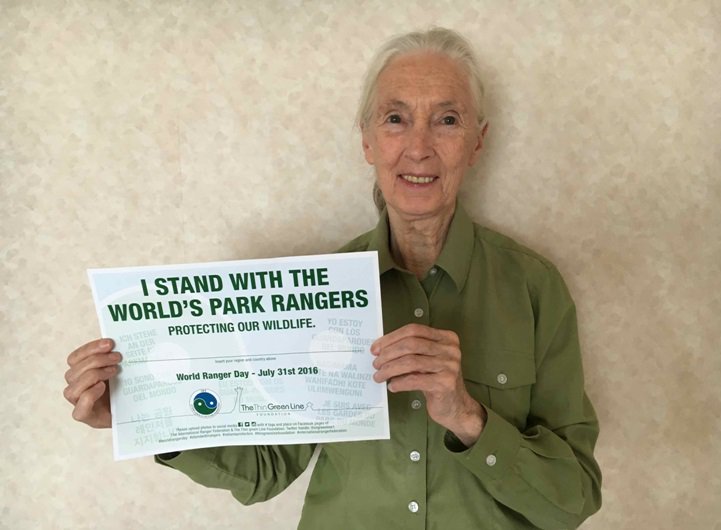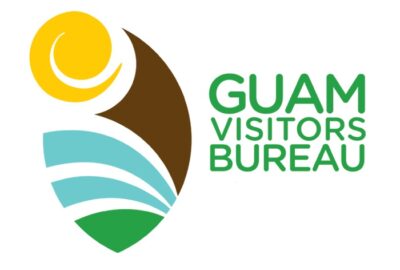Wildlife is the leading tourist attraction and source of tourist revenue in Africa other than rich historical and cultural heritage the continent has been endowed with.
Wildlife photographic safaris attract millions of tourists from Europe, America and Asia to visit this continent to spend their holidays in wildlife protected areas.
Despite its rich wildlife resources, Africa is still facing poaching problems which had so far, frustrated conservation of wildlife despite the efforts on place to arrest the situation. African governments in collaboration with global wildlife and nature conservation organizations are now working together to save the African wildlife from extinction, mostly the endangered species.
Wildlife rangers in Africa are the number one conservation partners who had committed their lives to protect the wild creatures from human miseries, but working at risk from humans and the wild animals which they had committed to protect.
The rangers are facing numerous psychological pressures leading to potentially serious mental health implications. They are frequently subjected to violent confrontations inside and outside their work.

Many rangers see their families as little as once a year, causing immense stress to personal relationships and the mental strain.
In Tanzania, for example, a community leader was killed by a suspected poacher in an attempt to prevent poaching in the Tarangire National Park, the famous wildlife tourist park in northern Tanzania.
The village leader Mr. Faustine Sanka had his head cut off by a suspected poacher who, disastrously ended the life of the community leader near the park in February this year.
Police said that the brutal killing of the village chairman, Mr. Faustine Sanka was done just to frustrate anti-poaching in Tarangire National Park which is rich in elephants and other big African mammals.
The suspected poachers killed the village leader by cutting off his head using a sharp instrument. After killing him, his body was wrapped in a plastic bag and his motorbike he was riding was left there, police officers said.
Early in April last year, suspected member of an armed militia gunned down five wildlife rangers and the driver in Virunga National Park in the Democratic Republic of Congo.
It was the worst attack in Virunga’s bloody history, and the latest in a long line of tragic incidents in which rangers have lost their lives defending the planet’s natural heritage, conservation media reports said.
Despite a growing awareness of the vulnerability of many of the world’s most beloved and charismatic species such as elephants and rhinos, there is little awareness and virtually no research into the stress and possible mental health implications for those tasked with defending them, conservationists said.
“We have got to take care of the people that make a difference,” said Johan Jooste, head of anti-poaching forces at South Africa National Parks (SANParks).
In real fact, more research has been conducted on post-traumatic stress disorder (PTSD) among elephants following a poaching incident than on the rangers protecting them as well.
Wildlife conservation experts further said that 82 percent of rangers in Africa had faced a life-threatening situation in the line of duty.
GOT NEWS? click here
Google News, Bing News, Yahoo News, 200+ publications
They described challenging working conditions, community ostracism, isolation from family, poor equipment and inadequate training for many ranger, low pay and little respect as other life threats facing African rangers.
The Thin Greenline Foundation, a Melbourne-based organization dedicated to supporting rangers, has been compiling data on ranger deaths on the job for the last 10 years.
Between 50 and 70 percent of the recorded wildlife ranger deaths in Africa and other wildlife rich continents are carried by poachers. The rest percent of such deaths are due to the challenging conditions rangers face every day, such as working alongside dangerous animals and in perilous environments.
“I can categorically tell you about the 100 to 120 ranger deaths we know of each year,” said Sean Willmore, founder of the Thin Green Line Foundation and president of the International Ranger Federation, a non-profit organization overseeing 90 ranger associations worldwide.
Willmore believes that the true global figure could be much higher, since the organization lacks data from a number of countries in Asia and the Middle East.
Rangers in Tanzania and rest of East Africa are facing the same, life threatening situations while on duty in protecting the wildlife, mostly in national parks, game reserves and forest conserved areas.
Selous Game Reserve, Africa’s largest wildlife protected area has not been spared from such ugly incidents facing the rangers. They work in harsh conditions, traversing hundreds of kilometers on patrol to protect the wildlife, mostly elephants.
Full with stress and psychological problems, the rangers conduct their duties with full commitment to ensure the survival of wildlife in Tanzania and Africa.
In Selous Game Reserve, rangers live far away from their families; succumb to life risks including attacks by wildlife and poachers from neighboring villages, mostly those killing the wild animals for bush meat.
Communities neighboring this park (Selous) have no other source of protein more than bush meat. There is no livestock, poultry and fishing in this part of Africa, a situation which drives villagers to hunt for bush meat.
Rangers in this park as well, suffer from psychological stress from work. Most of them have left their families in towns or other localities in Tanzania to protect the wildlife in the Selous Game Reserve.
“We have our children living alone. I don’t know if my children are doing well in school or not. Sometimes we don’t communicate with our families far away taking into account that no communication services available in this area”, a ranger told eTN.
Mobile phone communication, now the leading source of inter-personal contact in Tanzania, is no longer available in some areas of the Selous Game Reserve due to geographical locations.
“Every everyone is like an enemy here. Local communities are looking for game meat, poachers are looking for trophies for business, the government is looking for revenue, tourists are looking for protection against robbers and all like that. This burden is our backs,” the ranger told eTN.
Politicians and wildlife managers are driving posh cars in big cities enjoying high class lifestyles, banking on hardships the rangers are currently facing.








